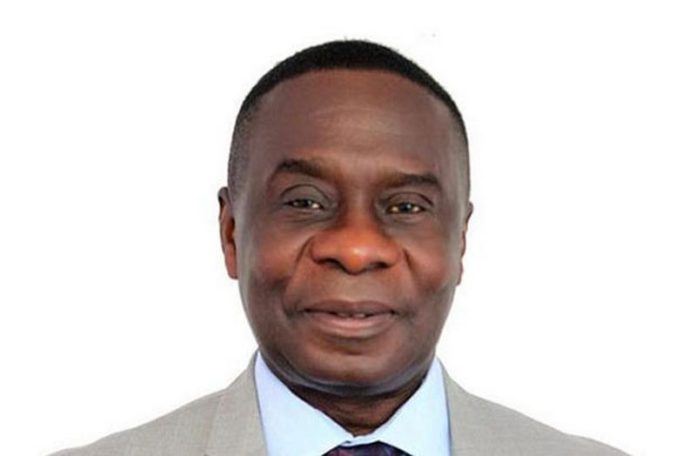The Supreme Court has ruled that it did no wrong in ordering Parliament to expunge James Gyakye Quayson’s name from its records.
The court says it sees no reason to set aside its decision which resulted in a second parliamentary election for the people of Assin North.
Despite emerging victorious in the bye-election, Mr Quayson’s legal team has been pursuing a review at the apex court, insisting it committed basic errors of law in that decision.
The court had earlier ruled the MP was not eligible to contest the 2020 polls because he still owed allegiance to Canada at the time of filing his nomination forms.
Lead counsel for the legislator, Tsatsu Tsikata, on Tuesday moved the review application.
He urged the court to set aside its decision since it had occasioned a miscarriage of justice.
He explained that the court should have simply ordered Mr Quayson to vacate his seat if it deemed it necessary and not to issue such an order.
“It is also our submission that the two previous cases on which the court placed significant reliance were misrepresented.
“The court totally misrepresented previous decisions of the court. For us to be saying that there has been total misrepresentation and for us to be justified necessitates the court to grant the review.”
Attorney General, Godfred Yeboah, however, disagreed.
He questioned what he said was an unjustified attack on the apex court pointing out that such a court cannot be said to have misrepresented its own decision.
“You can say the court misapplied, used it wrongly but not to say misrepresented which imputed wrongful conduct.”
He additionally pointed out that a review was not a chance to argue the case again but to demonstrate to the court.
He said an applicant requesting such a measure must show that there are exceptional circumstances which have resulted in a miscarriage of justice, discovery of new and important matter or evidence which, after the exercise of due diligence, was not within the applicant’s knowledge or could not be produced by him.
He insisted none of these hurdles had been crossed.
Lawyers for the resident (Michael Ankomah Nimfah) of Assin North who initiated this matter led by Frank Davies agreed with the Attorney General’s position.
He accused Mr Tsikata of misrepresenting the decision of the court.
The nine-member panel presided over by Chief Justice Gertrude Torkonoo ruled that its decision was lawful.
The Chief Justice described Mr Quayson’s application as totally unmeritorious.
She explained that the Quayson case was purely one interpretation of Ghanaian law with a focus on the legal status of the legislator.
She pointed out that Mr Tsikata was effectively re-arguing matters already canvassed before the court and that a review is not an appeal to merit a rehash of the same points.
She continued that the construction of Ghana grants the Supreme Court the power to issue orders it deems necessary to give effect to its ruling.
She concluded that the order to Parliament was within this authority.
“The application is dismissed as totally without merit,” she stated.
Other justices on the panel were Justices Mariama Owusu, Lovelace Johnson, Prof Henrietta Mensah Bonsu, Emmanuel Yonny Kulendi, Barbara Ackah-Yensu, Samuel Asiedu, George Kingsley Koomson and Ernest Gaewu.

